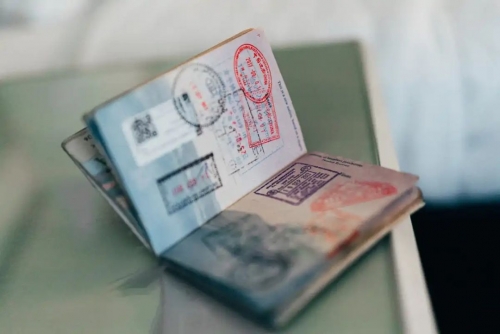Proposed fee hike for expatriate work permits aims to strengthen local workforce amid growing concerns
TDT | Manama
Email: mail@newsofbahrain.com
A proposed increase in Bahrain’s work permit fees aims to strengthen Bahrainisation by raising the cost of hiring expatriate workers and funding training for local citizens. The plan would introduce a tiered fee system based on salary levels, with permits for jobs paying over BD1,200 rising from a flat BD500 to BD2,500, a fivefold jump.
While supporters believe this will boost employment for Bahrainis, the Bahrain Chamber of Commerce and Industry warns it could burden small and medium-sized businesses as Parliament prepares for a key debate on the matter. Currently, all work permits in Bahrain are subject to a uniform fee of BD500.
Existing fee
Under the new proposal, jobs with salaries up to BD200 would continue to pay the existing fee, meaning they would not incur any increase. Positions earning between BD201 and BD500 would see their fees double to BD1,000. Jobs paying between BD501 and BD800 would incur a fee of BD1,500, while roles with salaries from BD801 to BD1,200 would face a fee of BD2,000.
The highest earners, those making over BD1,200, would attract the maximum fee of BD2,500. This proposal, backed by MPs including Hanan Fardan, Dr Hisham Al Ashiri, Mohammed Al Ahmed, Jaleela Alawi, and Maryam Al Saigh, has been sent to the Services Committee, led at the time by MP Mamdouh Al Saleh.
Average wage
According to the proposers, the public interest considerations justifying this proposal include achieving the intended goal of an optional additional fee structure for issuing or renewing work permits outside the mandated Bahrainisation rates, which will be based on an average wage of BD500 for the positions in question. Additionally, the proposal aims to contribute to an increase in the number of Bahraini positions and adherence to mandated Bahrainisation rates.
It also seeks to mitigate the adverse effects of the parallel system, which permits establishments that do not comply with required Bahrainisation rates to recruit additional expat workers for an extra fee of BD500. The Labour Market Regulatory Authority (LMRA) has shown support for Parliament’s efforts, stating in a letter from its chairman, His Excellency Jameel Humaidan, to the Minister of Parliamentary Affairs, His Excellency Ghanim Al Buainain, that it “commends Parliament for seeking its perspective.”
Concerns
However, it has raised concerns about relying on average wages as a measure for the new fee structure, noting that this approach is “subject to potential manipulation” by employers. The LMRA cautions that “the declared wage may not reflect the actual salary,” raising doubts about the accuracy of the proposed fees. Additionally, the LMRA points to the success of the current optional additional fee system, in place since 2019, which has shown a steady decline in businesses not complying with Bahrainisation targets. They assert that this fee has “improved the competitiveness of Bahraini workers compared to foreign workers” and increased compliance with Bahrainisation rules, stressing the need to consider these results before making any changes.
Worries
The BCCI has echoed these worries, warning that the proposed rises could push up costs for many, especially small and medium-sized businesses. They caution that such expenses might ultimately fall on consumers, threatening Bahrain’s appeal as a business destination. For example, increased costs could lead businesses to raise prices for goods and services, directly impacting consumers.
Careful approach
In conclusion, while the LMRA is open to engaging with the Services Committee to “provide further clarifications on this matter,” it insists on a careful approach to ensure any changes effectively support the proposal’s aims without creating gaps.
Related Posts

